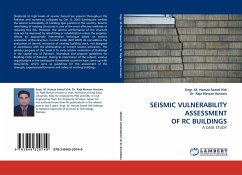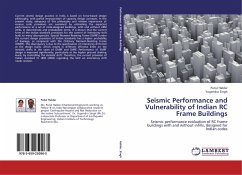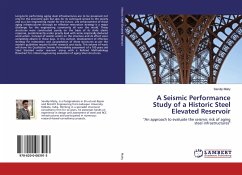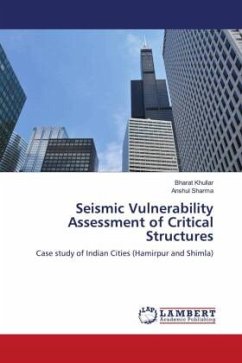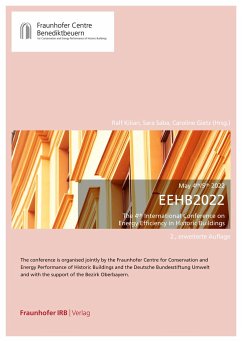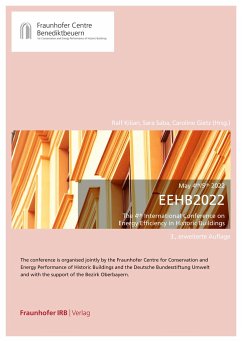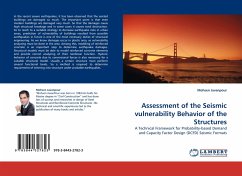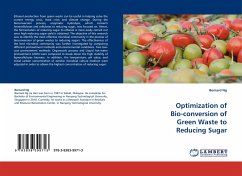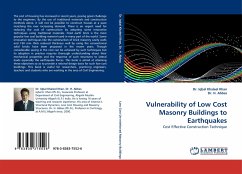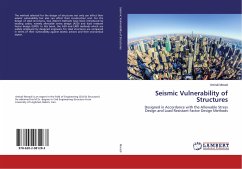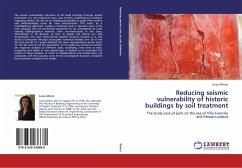
Reducing seismic vulnerability of historic buildings by soil treatment
The study case of park on the sea of Villa Favorita and Mosaics palace
Versandkostenfrei!
Versandfertig in 6-10 Tagen
52,99 €
inkl. MwSt.

PAYBACK Punkte
26 °P sammeln!
The seismic vulnerability reduction of the built heritage through subsoil treatments is a very important issue, due to their unsatisfactory condition regarding seismic risk and to an inadequacy/inability to apply them criteria and methodologies usual for new constructions. This work, by a multidisplinary approach, studies a historical park in Vesuvian area: a site with geology and soil mechanical properties to be investigated by both existing bibliographical material, than non-destructive in situ tests; schematized in 1D domain, so that its seismic site effects are only stratigraphic and with ...
The seismic vulnerability reduction of the built heritage through subsoil treatments is a very important issue, due to their unsatisfactory condition regarding seismic risk and to an inadequacy/inability to apply them criteria and methodologies usual for new constructions. This work, by a multidisplinary approach, studies a historical park in Vesuvian area: a site with geology and soil mechanical properties to be investigated by both existing bibliographical material, than non-destructive in situ tests; schematized in 1D domain, so that its seismic site effects are only stratigraphic and with monumental isolated factories located in it. The study is conducted through uncoupled numerical models: one 1D of the site and one 3D of a palace.Defined the more representative seismic input for the site with an ad hoc procedure, on its model are carried out seismic site response analyses in different cases, modifying, from time to time, properties and depth of one subsoil layer in relationto its treatment.The results of these analyses, in terms of displacements and acceleration, are compared with the capacity curve of the investigated structure, obtained from pushover analysis on its model.



